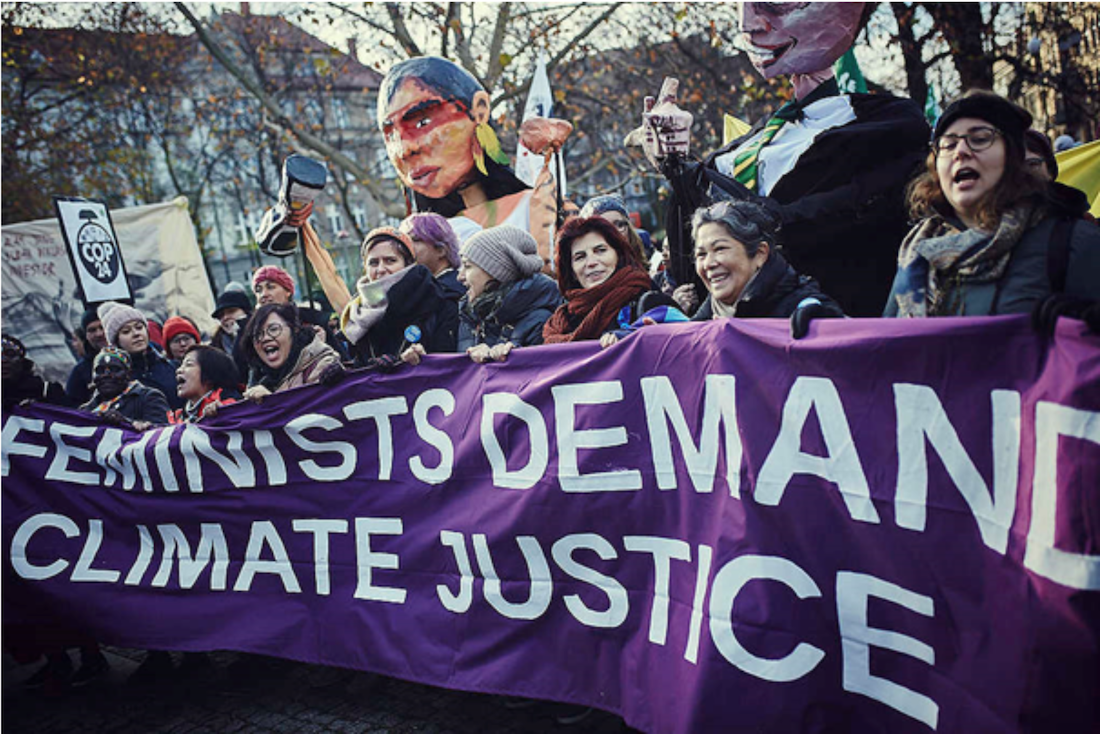
Written by Denise Quek Zhi XIng
In his article “Africa has been failed by westernisation. It must cast off its subservience”, author Chigozie Obioma touches on the issue of how westernisation has to a great extent affected Africa negatively. He argues that westernisation brought through the colonisation of Africa has led to the diminishing of their traditional beliefs and culture. He further emphasises the impact of westernisation on political ideologies, specifically mentioning the proliferation of western education that resulted in the increase of ‘westernised-elites’. A main point of his argument was that on an international level, Africa has always been known strictly for its performance art. Historically, there has been few African originated political or economic ideologies presented to the world due to insistence on the implementation of western ideologies, thus, the statement above made. The whole core of his essay highlighted the negative effects of westernisation in Africa and how it has essentially harmed the African populations, forcing them into a condition whereby it is hard for them to grow and develop. Obioma concludes that the only way to break out of this influence is for them to realise that aping the west is not the solution at all in becoming modernised and civilised (Obioma, 2017).
In his article, Obioma boldly makes the assumption that under the powerful influence of westernisation, not only the world, but even Africans themselves have started to accept and believe the fact that everything which falls under the African label is inferior. However, despite holding some part of truth, the fact that Africans have fought and struggled to protect their cultural identity for decades, should not be undermined. Elements of African culture have been preserved through its multilingual society, performance arts, literature and so on. These are evidence of Africa’s resistance to the extinction of its culture. A symbolic example would be the use of songs and dances as a way to voice out for independence. It was a form of expression that allowed people to comprehend their situation and reject colonialism. Years later, hand in hand with the development of modern media and mass communication, the national bond of Africa is very much strengthened. With the increased connectedness of members within its society, many are starting to be proud of their African heritage. The media and especially the radio, which was the main source of information for most of the political, social and economic activities, have contributed in creating awareness within the African society (Franz and Puye, 1998). With the knowledge gained from their westernised education, many Africans decided to not blindly follow the trend or to imitate the Westerns and their modus operandi. Instead, they now resolve in learning and filtering, by incorporating only the advantages, putting those qualities to perfect their own political, cultural and economic dimension. For example, being more engaged in the elections helped in applying pressure on their political leaders to do better, striving for growth and development (The Economist, 2013).
Even though not entirely wrong, Obioma takes it into the extreme by asserting that Africa is “slowly emptied out of its essence, and slowly becoming a relic” (Obioma, 2017). Africa’s economy had been flourishing ever since it gained independence from the colonial powers. Literacy rates and life expectancy has increased tremendously and foreign direct investment had tripled (The Economist, 2013). Certainly, measuring modernity only through the western lens might often result in a biased and flawed perspective. However, making the assumption that adopting a westernised viewpoint is de facto a fundamental error, is highly questionable. Despite its many flaws, democracy still presents undebatable benefits. As described by Winston Churchill, “democracy is the worst form of government, except for all the others that have been tried from time to time” (Churchill, 1947). Democracy has been adopted by numerous countries despite presenting differences in political culture, therefore demonstrating alternative interpretations and forms of democracy. If democracy did not hold a positive side, such countries would have already witnessed a shift of political system. Nowadays, most African leaders have come to the conclusion that the political problems faced in Africa, instead of arising from too much democracy, have “stemmed from deficits in modern democratic culture”.
Main poverty-related issues do not arise from the lack of rich resources, but rather from the unstable and inefficient governments and political institutions. The lack of a systematic government results in corruption, whereby these resources are controlled by the wealthy. Instead, by incorporating a democratic government, it can help tackle the core problem through a fair distribution of these resources (Liu, 2012).
All in all, despite these critiques, my stance is generally leaning more towards the author’s conclusions. However, in my opinion, the article is conveyed in a way that is too extreme and deterministic. It is one’s right to preserve its cultural identity for sure, but what one should keep in mind that there is no such thing as a perfect culture. The western culture has proven its good over the years through its promotion of free market, respecting the value of each human. However, despite having largely contributed to human civilisation through the rapid developments in science and technology, the western culture does present negative sides as well. Individualism and the monopolisation of resources are some of the few mentioned. The fact that our era heavily relies upon technology, the media, and the internet, will evidently result in a blending of cultural differences. As it becomes impossible for one culture to reject the existence of the other, the best solution is, therefore, to become adaptative.
Denise Quek Zhi XIng is a student currently pursuing a bachelor’s degree in Politics, Psychology, Law and Economics at the University of Amsterdam. Born in Malaysia, raised in Singapore, Germany and Taiwan, before coming to Amsterdam to complete her bachelor’s degree, she finds herself drawn to the European culture. With over seven years of international experience, she is particularly interested in gaining a deeper understanding of how the EU, as a vital international player, influences international politics. Having learned how to solve problems by applying familiar concepts to unfamiliar situations through her multicultural background, she hopes to gain a deeper understanding of how the world functions and to benefit those she can.
References
Cultural Survival Quarterly Magazine (1998), “Media and the Preservation of Culture in Africa” [30 Nov. 2017]. Available at: https://www.culturalsurvival.org/publications/cultural-survival-quarterly/media-and-preservation-culture-africa#
Liu. J (2012) “Western impact on Africa’s economic development and the progress of democracy”. Graduate Theses and Dissertations. 12872
The Economist (2017), “Aspiring Africa” [30 Nov. 2017]. Available at: https://www.economist.com/news/leaders/21572773-pride-africas-achievements-should-be-coupled-determination-make-even-faster
The Guardian (2017), “Africa has been failed by Westernisation. It must cast off its subservience” [30 Nov. 2017]. Available at: https://www.theguardian.com/commentisfree/2017/nov/12/africa-failed-by-westernisation-must-cast-off-its-subservience

 The invention of development: power, narrative, and the afterlife of Truman’s speech
The invention of development: power, narrative, and the afterlife of Truman’s speech  Is the World Trade Organisation a Failure?
Is the World Trade Organisation a Failure?  Is EU citizenship for sale – or for keeps? A critical analysis of the CJEU’s Golden Visa ruling.
Is EU citizenship for sale – or for keeps? A critical analysis of the CJEU’s Golden Visa ruling.  The European Union in Space: From exploration and innovation to security and autonomy
The European Union in Space: From exploration and innovation to security and autonomy 


